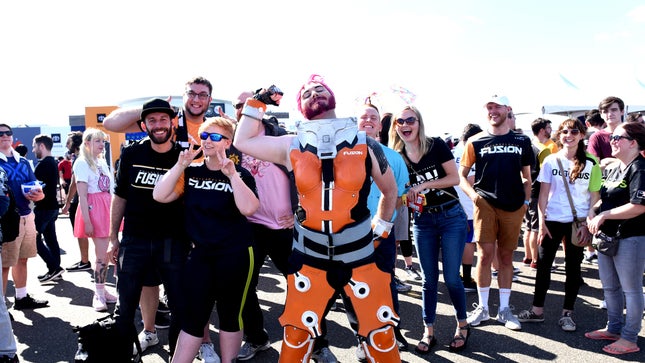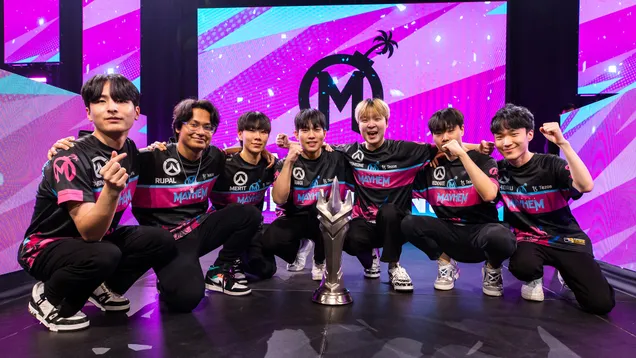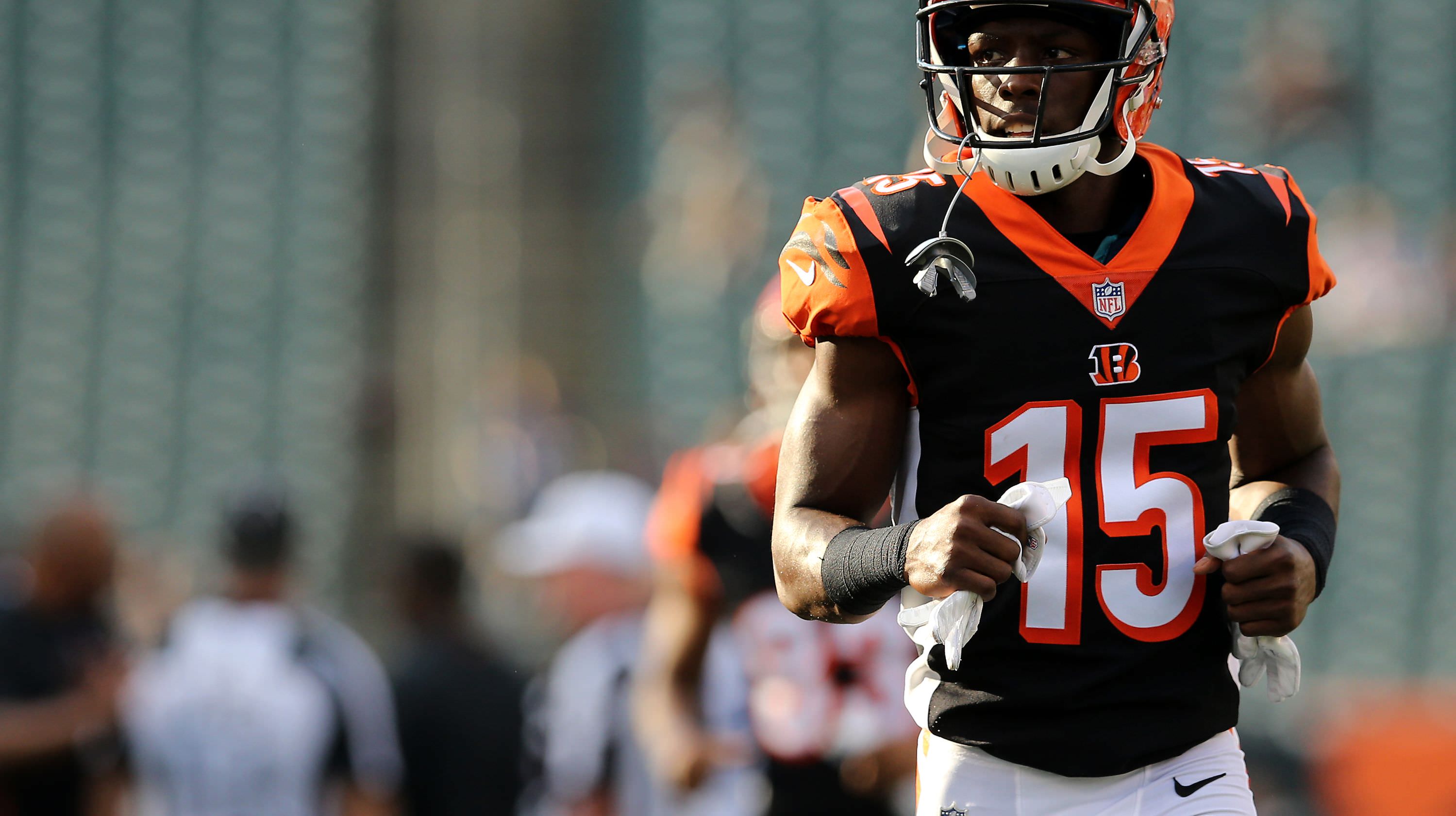The Overwatch League Grand Finals Were Both Beautiful And Depressing
On Sunday, October 1, the Florida Mayhem defeated the Houston Outlaws in the 2023 Overwatch League Grand Finals in Toronto, Canada. It was the team’s very first championship, and it could very well be their last—as well as the last championship awarded in the once massively popular esports league, period.
Overwatch 2’s New Story Missions: Worth The Money?
In recent months, Blizzard has reported that numbers for the Overwatch 2-based global competition, from viewership to revenue, have been dwindling. As such, it fired 50 employees back in June of this year, and announced that, at the end of the 2023 season, it would give the current teams a chance to vote on whether or not they’d like to continue participating in the league as-is or accept a $6 million buyout. The vote has yet to happen, but an air lingered over Sunday’s 2023 OWL Grand Finals as if it already had. The Overwatch League as we know it is dead, and last night felt like its tearful eulogy.

The Overwatch League at its prime
Six years ago, the Overwatch League burst onto the esports scene with all the bombasity and boldness of an already well-established sports competition. With a franchise-based model that was more NFL than CS:GO, it presented Overwatch players and fans with city-centered teams that ostensibly would help foster more traditional sports allegiances (I myself blindly supported the New York Excelsior, simply because they were based in my home state). Franchise buy-ins were set at $20 million, and big names like Robert Kraft (head of the Kraft group, which owns the New England Patriots) got involved.
The first week of the Overwatch League was an unequivocal success, with Activision Blizzard reporting that 10 million people tuned in to watch the matches through Twitch, MLG, and China-based streaming platforms. Despite the league’s city-based nature, all matches were held in the Blizzard Arena in Los Angeles, California, and for a brief time, those matches were sell-outs. The Overwatch League Grand Finals 2018 were held at Brooklyn’s Barclays Center to a sell-out crowd; DJ Khaled performed, though he later admitted he didn’t know it was a “gaming thing.” The London Spitfire bested the Philadelphia Fusion, winning the $1 million grand prize.
Read More: Shady Numbers And Bad Business: Inside The Esports Bubble
From 2018 onward, the heart of the Overwatch League remained strong, even if ticket sales and viewership waxed and waned, and its format suffered from both organizational inconsistency and the side effects of the covid-19 pandemic (the league had to cancel all March and April events, and pre-season plans to host games in six different countries were thwarted). But a 2021 Grand Finals upset from the once 0-and-42 Shanghai Dragons led to a former Kotaku staffer getting a tattoo for the team, a testament to the passion of the league’s core fanbase.

But an inked-up and dedicated fanbase cannot sustain a league with a $10 million buy-in (Sports Business Journal reports that it dropped from the initial $20 million, though it’s unclear when). The swap to Overwatch 2 fundamentally shook up the casual but core player base, many of whom were also the core fanbase for OWL, and changed the composition of every single professional team, forcing the second tank to become a sub rather than a starter. The pandemic squandered plans for international games on big teams’ home turf. The league’s brand partners pulled back amidst allegations of sexual harassment taking place within Blizzard.
And the franchise model proved untenable, with a lack of a clear identity causing problems (i.e., seasonal schedules and league rules often changing) and the city-based nature of the teams creating a logistical nightmare throughout the last six years. “There likely was never a critical mass of esports fans in their respective local markets that could’ve created a sustainable outcome. International travel, to the degree that the league under the homestand model would’ve required, was never feasible,” esports industry insider Sascha “Yiska” Heinisch told SBJ.
As Bloomberg reported last year, the OWL exceeded revenue expectations in its first year, but did not grow at the rate Blizzard anticipated, and people familiar with the league told the publication that Activision Blizzard CEO Bobby Kotick’s excitement for the league (which was largely his brainchild) cooled over time.

The success and sadness of the 2023 OWL Grand Finals
Heading into this year’s Grand Finals, the vibes were decidedly bizarre. There was tons of excitement, sure, but also heaps of apprehension, with many believing that this would be the last proper OWL event ever. The likelihood that the required two-thirds majority of teams would agree to continue onward into a new season seems slim, so many referred to the weekend as the OWL’s “swan song.” Despite that, ticket sales for the event (held at the Mattamy Athletic Centre in Toronto) were strong, with SBJ reporting that there was a sell-out crowd for the Grand Finals on Sunday, October 1.
But, as is OWL Grand Finals tradition, the winning team was both somewhat unexpected (the Mayhem were fourth in the league, but have struggled in previous seasons) and somehow completely dominant in the final match (they went 4-and-0 against the Outlaws in the one-sided bout). So it wasn’t an exciting Grand Finals for fans to watch, and paled in comparison to last year’s nail-biter between the Dallas Fuel and San Francisco Shock—which only made the fact that it could very well be the last-ever OWL Grand Finals even more bittersweet. At least the Mayhem’s win continued the other OWL tradition: the last four teams to win the biggest prize in the sport were the bottom four teams in the inaugural season. The league loves an underdog.
As the Mayhem trounced the Outlaws, fans were in one breath bemused and in the other bummed out. Esports journalist Liz Richardson wrote that she was “TYPING OUT QUESTIONS FOR A PRESS CONFERENCE THROUGH TEARS” on X (formerly Twitter), while The Verge’s Ash Parrish pointed out that an old tradition held true: “an OWL grand finals is always fundamentally disappointing.” Connor “Avast” Prince, director of esports content at Misfits Gaming, posted a meme from The Fresh Prince of Bel-Air that shows Will Smith standing in an empty room in the iconic house from the series after everyone’s moved out. “Overwatch League for me and others has been a room full of people behind every door opened around the world whose charm and warmth have been home for six years. Even if the door and room might change as long as we see those people in the room as you walk in that’s home,” he wrote.
That the Grand Finals’ broadcast ended with an impassioned message from one of the last remaining OWL hosts, Soe Gschwind, made everything feel even more bummy, as it was, in every sense, a proper goodbye. “This was not just a show; this was a shared dream that was uniting us across borders, languages and differences. It was the hard work and the commitment of everyone which was bringing the team and the fans alike the best possible experience each and every show, and all of that has been nothing short of remarkable,” she said. Pardon me, I have something in my eye.
The sentiments surrounding the Grand Finals were beautiful, even if the finals themselves were somewhat lackluster and depressing. And its future remains unclear—the Overwatch League shared a vague X post on October 2, promising that it’s focusing on “building our vision of a revitalized esports program” and that the team is “eager to share more with you as details are finalized.” When Kotaku reached out for details, we were pointed to that tweet.
I asked Parrish how she felt about the OWL after what may be the final Grand Finals. “In 2018, the Overwatch League became *theanimating force in my life at a time when I needed something to give me purpose. I can say without a shred of hyperbole that this esport, its players, its community, and the stories it told over its six short years saved my life and molded me into the person I am today both personally and professionally,” she told me over DM. “For that, I will forever be grateful. For that I will forever be a fan. The world could always use more heroes, and the OWL was one of them.”



